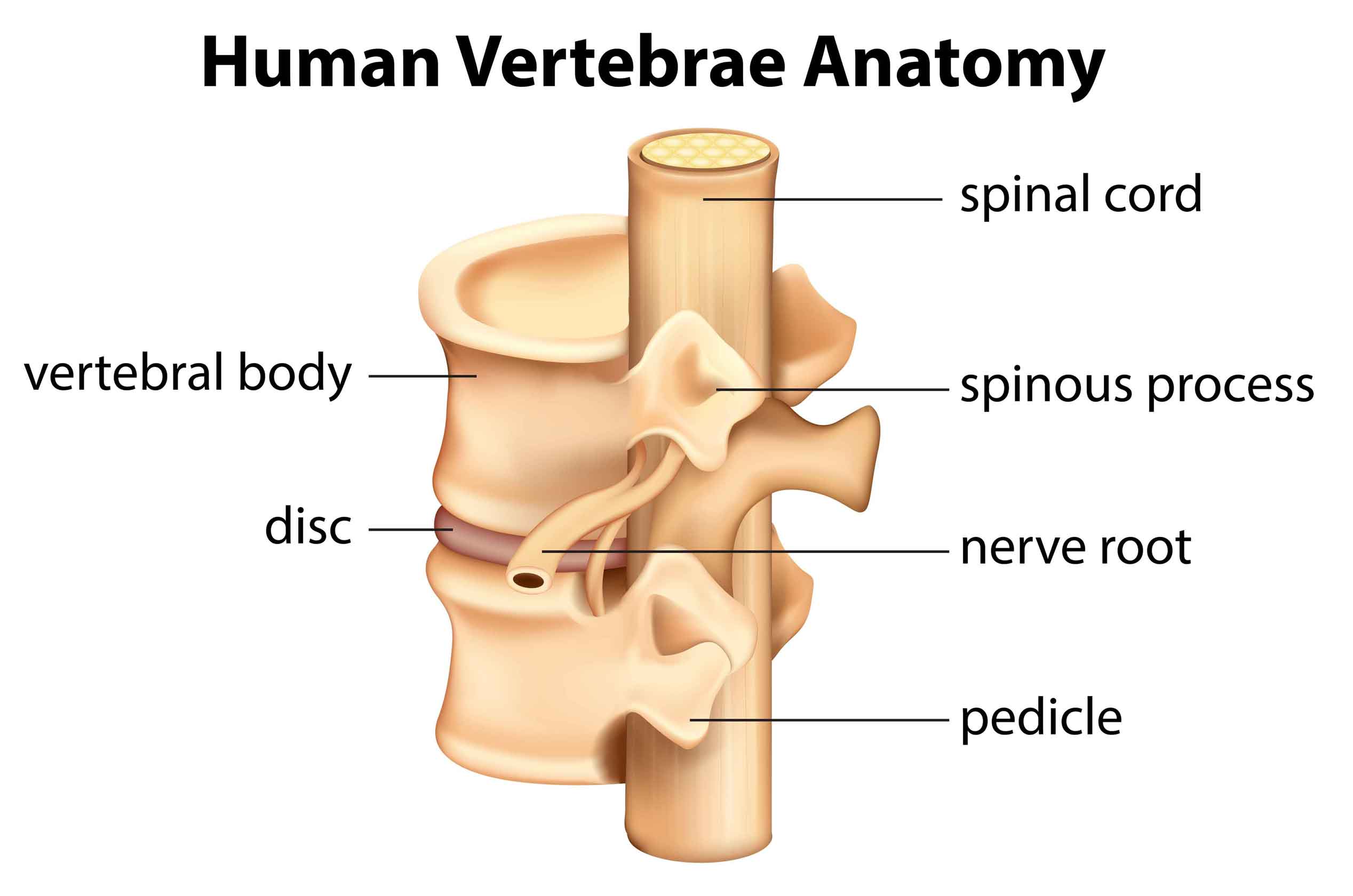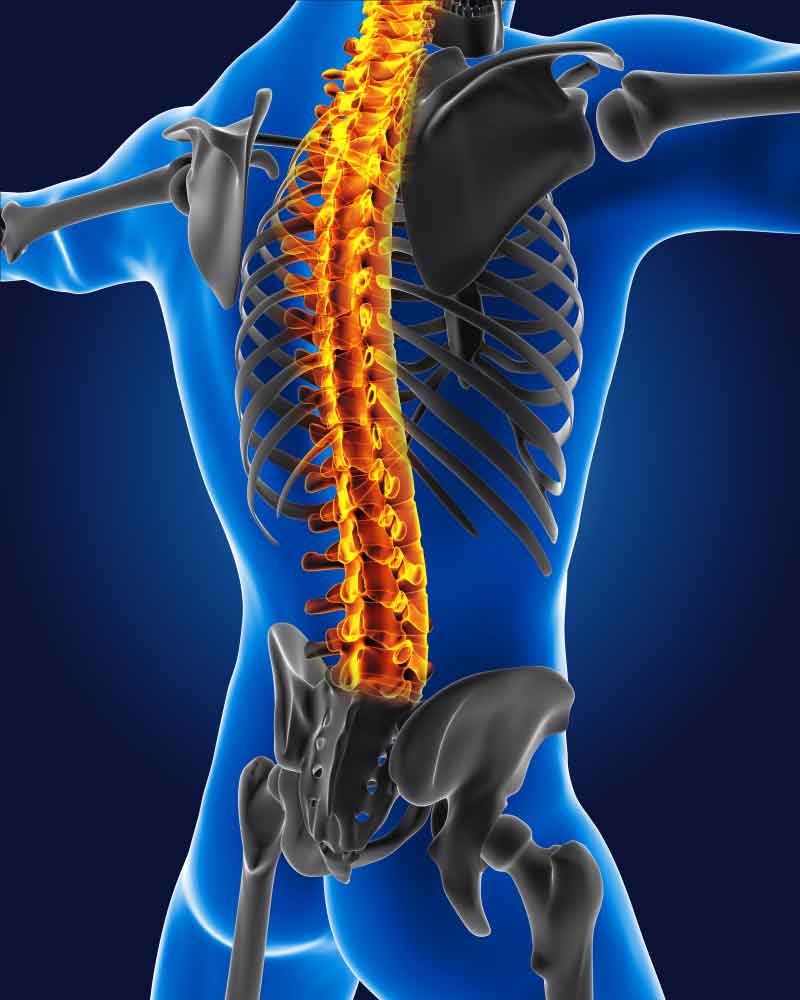16 Nov 2022 | Amber
A Run-Through Guide To Understand Foraminotomy
There are types of spine surgery depending upon the part where it has to be treated. Foraminotomy is one of them. It is a minimally invasive surgery which means it causes less damage to the body and need small incision and cuts to perform it, unlike open surgery which is performed traditionally (like it starts with the cutting of skin and tissues for the treatment).
The spinal cord consists of vertebrae i.e. a chain of bones and each supported by a disc either above or below. To protect the vertebrae column nerve roots are spread around them. The spinal cord connects the brain and lowers back together which contributes to critical and important roleplay.
Neurosurgeon in Dallas Back Clinics can help you with the foraminotomy surgery.

An Overview of Foraminotomy
As we have read above nerve roots surround the spinal cord. Now, the brain uses these nerves to transmit signals from the brain to different parts of the body. The brain sends a command over these nerve roots to the body parts after which they start functioning. There is a small hole between the vertebrae that allows a way out to them from the spine column.
Sometimes due to wear and tear this hole or opening can get narrow that resulting in nerve compression. This narrowing causes pain, irritation, tingling sensation, and weakness. Depending on the location, the compressed nerves can cause different pain for example if the nerve root is compressed in the neck area then it will generate neck pain and numbness in the arm and hand.
A foraminotomy is a surgical procedure performed to broaden the space between the bones of the spinal column and also it frees the compressed nerves. The condition of narrowing of the nerve root canal is known as spinal stenosis.
Do I Need a Foraminotomy?
If you are having the symptoms of a narrowing nerve root canal then you may need the treatment of nerve root decompression which is foraminotomy. Compression can have many reasons. The intervertebral foramen (a small between the vertebrae) serves as the doorway between the spinal canal and periphery. This foramen can get narrower due to a number of reasons let us discuss those.
- It could be due to spondylosis the condition of degenerative arthritis of the spine leading to bone spurs (osteophytes) generally on the bones of the spine or around the joints.
- Intervertebral disc degeneration ultimately leads to bulges in the foramen (the discs protrude into the foramen).
- Ligament (connects two or more bones) enlargement nearby to spine. It can be due to some injury.
- There can be the growth of cysts (also known as meningeal or perineural cysts) or tumor.
- Spondylolisthesis condition of spine instability due to more than the required movement of vertebrae.
- Paget disease disrupts the replacement of old bone tissue with new ones. It basically creates a disturbance in the bone recycling process.
- Congenital disability problems like dwarfism or achondroplasia (a genetic condition that affects the fibroblast growth factor receptor).


What type of surgery is this?
It is a highly invasive surgery that can in a way damage your bones, ligaments, or joints resulting in spine instability whereas an endoscopic foraminotomy is a minimally invasive technique. It requires full two to three months for recovery.
If you are confused about the neurosurgeon for your surgery, neurosurgeons in Dallas Back Clinics can be a good option as he is an expert in this field and providing his services for over 30+ years. He had performed many surgeries successfully as well as received good reviews from his patients.
Is there any risk while performing foraminotomy?
Foraminotomy has a high rate of success in the surgery and rarely are there any risks. But we can not predict what is coming next hence occasionally there are some complications.
- Chances of getting an infection.
- As it is a highly invasive surgery there can be too much blood loss.
- Nerve damage can be a possibility.
- Stroke attack.
- As read earlier spine issues like spine instability.
- Problems due to anesthesia.

Now, there are some small risks also that can create complications in the procedure.
- Age.
- Any medical condition.
- Also, the type of foraminotomy.
Ask for your healthcare expert’s advice before undergoing surgery.
We can understand what you are going through before undergoing any surgery that is the reason our doctor in Dallas Back Clinics provides you with complete assurance of your concern. To book an appointment call us at 469-833-2927.

 Telehealth Visits Available
Telehealth Visits Available
